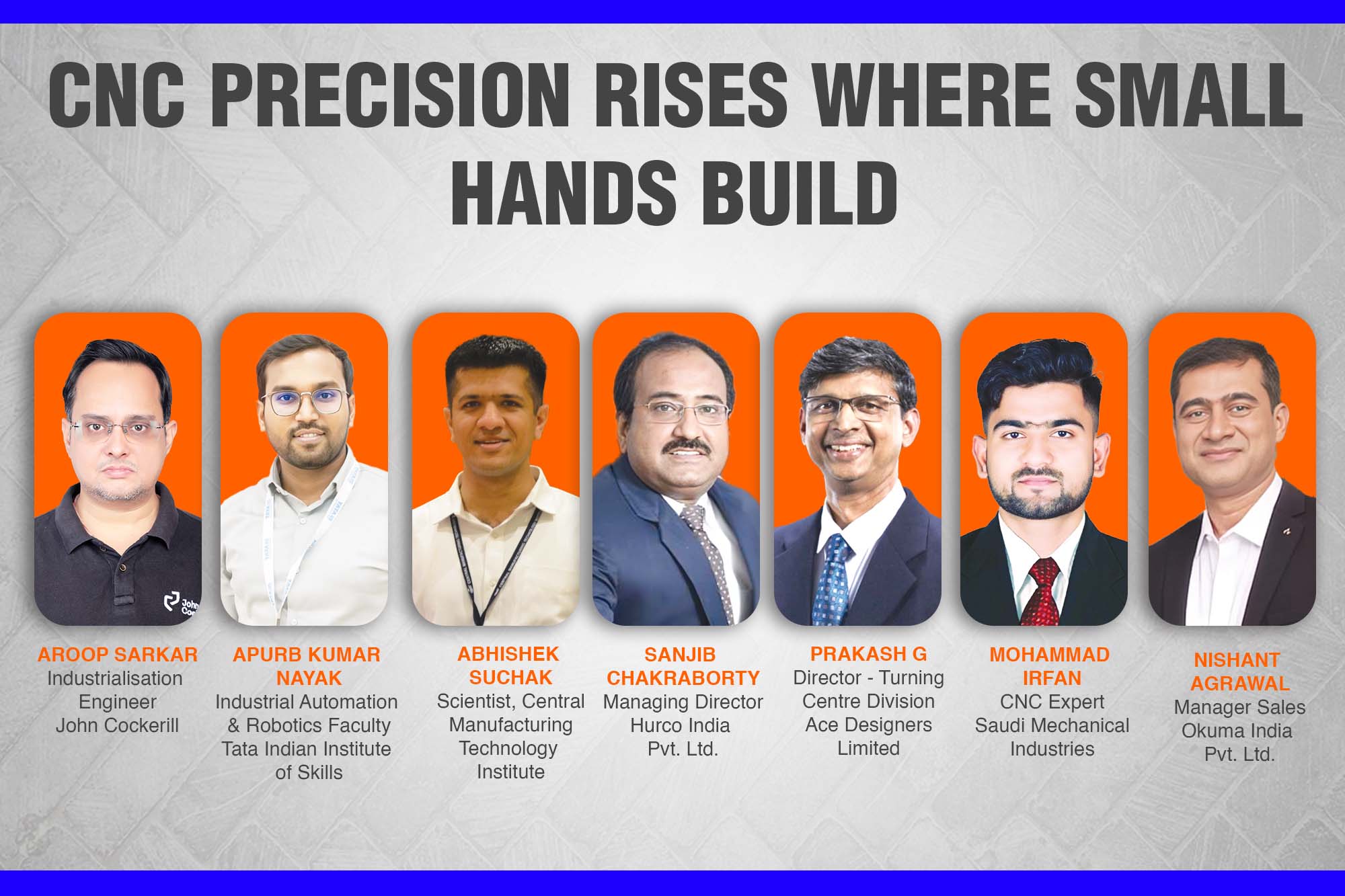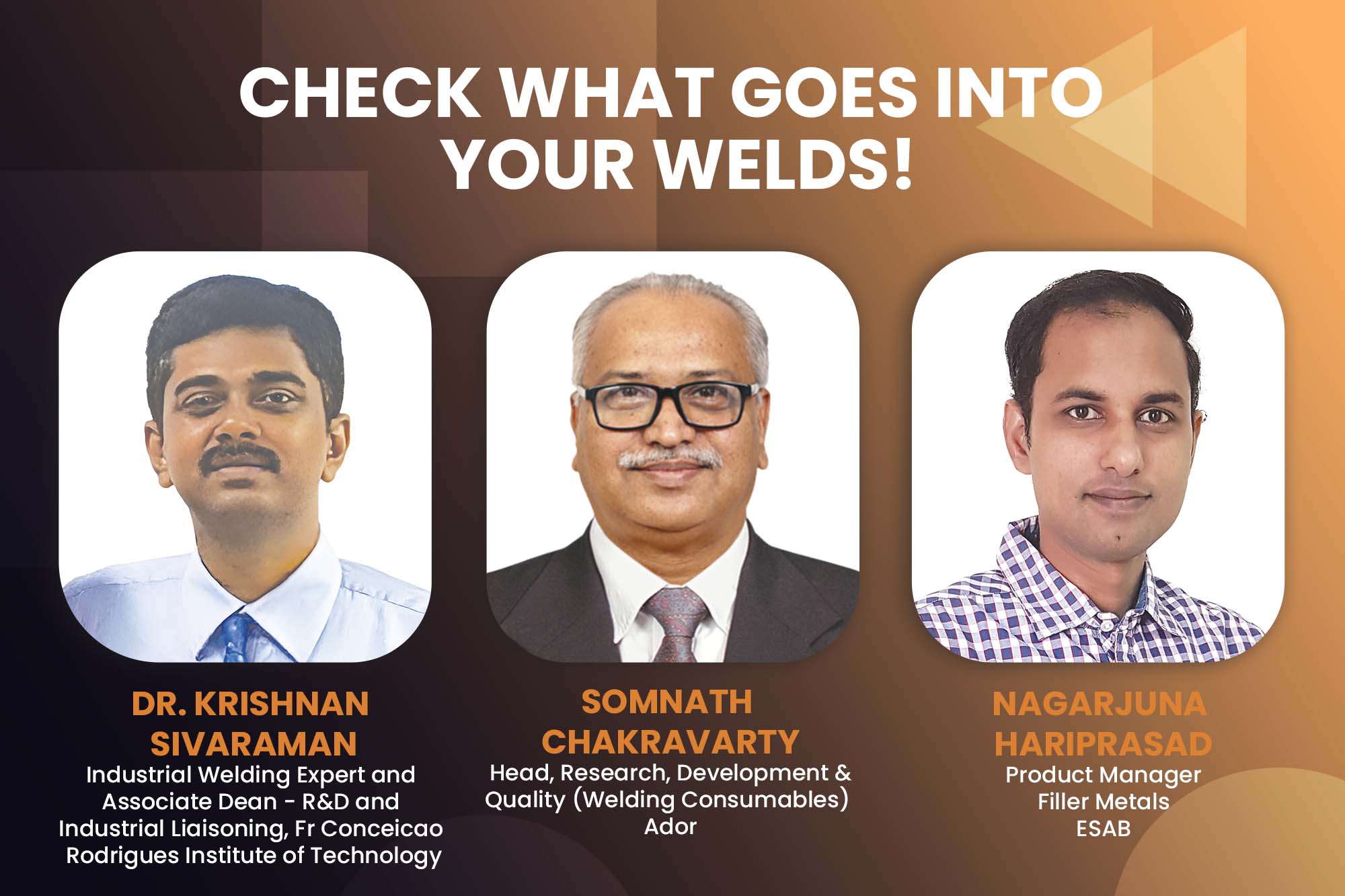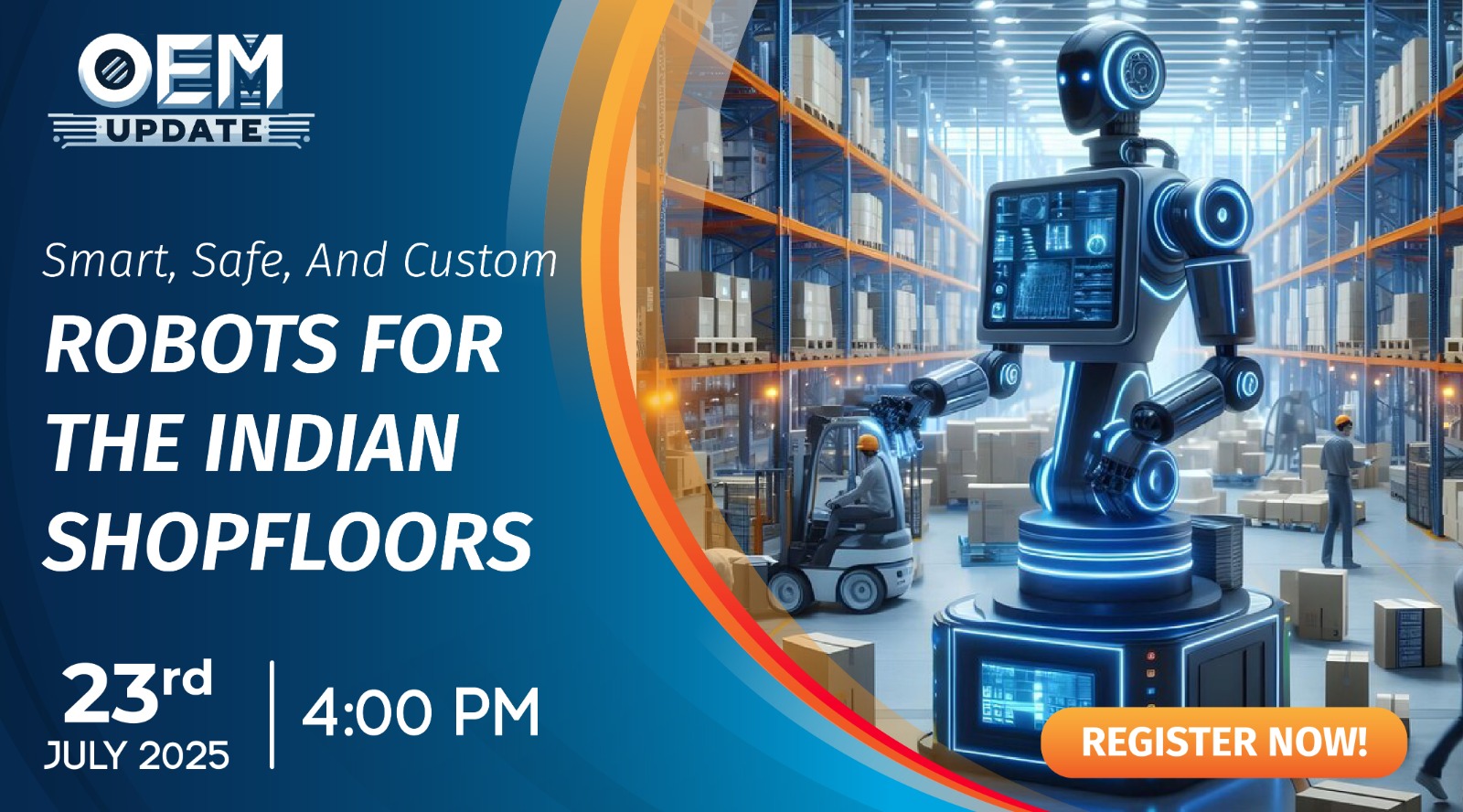Measurement accuracy in metalworking industry
By admin June 30, 2016 11:52 am IST
The article shares measurement tools that the metalworking industry may value – due to the industry’s demand for high accuracy.
The metalworking industry has always placed great emphasis on having tools that can increase measurement accuracy, help with quality control, support reliability, and that can support the objective of ‘making it right the first time’. However, as manufacturers attempt to grow their trade in the global business environment, the need for measurement accuracy has become an even higher priority due to the time- and cost-savings that businesses can potentially achieve.
3D measurement solutions for the metalworking industry have been available for some time now. Some common applications that make use of these advanced technologies include Parts Inspection, Alignment, Reverse Engineering, and Dimensional Measurement. All four categories are similar in the way that their need for measurement and documentation accuracy is tightly woven into each of their core activities. To elaborate, measurement accuracy is widely agreed to be a most important aspect in mechanical parts inspections. Machine misalignment on the other hand can delay an entire manufacturing line. Reverse engineering, essentially a measurement and documentation process, requires a high degree of accuracy, and of course, dimensional measurement goes hand-in-hand with measurement accuracy.
As the demand for measurement and documentation accuracy grows, it is likely that traditional tools such as handheld calipers will eventually be phased out and replaced by advanced laser scanning and 3D measurement solutions. Here, we identify four factors driving this need for accuracy.
Need for greater operational precision Naturally, manufacturers need to ensure that their measurement and documentation objectives are met. With the right 3D metrology equipment, manufacturers can be one step closer to gaining tighter size tolerances, achieving precisely calculated designs, and securing built-in form deviations to assure maximum measurement accuracy.
Application – Inspection & Reverse Engineering Manufacturers can employ several metrology methods to meet these measurement objectives. The FARO Cobalt Array 3D Imager is a new device that supports metalworking manufacturers in this aspect. A metrology-grade, non-contact scanner, the Cobalt Array is capable of providing manufacturers with reliable and accurate 3D scan data within an automated or manual workflow. With no restrictions on the number of sensors in an array, the Cobalt Array enables the expansion of field of views to scan wider areas, improves the inspection time, and achieves greater productivity. The device’s high resolution, automatic exposure, and high dynamic range enables consistent and more accurate measurements, even when it comes to complex components with finer details. An ideal device for quality inspection and reverse engineering applications, the Cobalt Array is a unique fusion of technology that emphasises accurate scanning results.
Separately, the FaroArm is another tried and proven tool by the metalworking industry that promises superior operational precision. Flow Link Systems (FLS) – a casting and valve component supplier based in Coimbatore, India – places great emphasis on quality and customer satisfaction. Both of these attributes were push factors that steered FLS to purchase the FaroArm, providing the manufacturer with an immediate increase in measurement accuracy levels. From formerly working with up to 30 microns’ tolerance using handheld tools and templates, the FaroArm improved FLS’s measurement accuracy to a tolerance level of about 24 microns. With the FaroArm, FLS is now able to obtain accurate measurements for concentricity and cylindricity tolerance in half the time that was previously spent. The Cobalt Array and the FaroArm are just two examples of how advanced 3D metrology measurement and documentation solutions can aid manufacturers in achieving accurate measurements and scanning results. With a reliable yet portable coordinate measuring machine, manufacturers can easily verify product quality through performance assessments including 3D inspections, tool certifications, and computer-aided design (CAD) comparison.
Need for accurate reporting Today, it is common for industrial suppliers to require accurate reporting of dimensional information for statistical analysis, and to safeguard quality processes. These reports can present measurement data clearly and unambiguously, allowing manufacturers to add comparison data or reproduce data for possible correction of components and production parameters. With ever-increasing quality demands, companies are under pressure to invest in innovative solutions that can support instantaneous and accurate quality reporting on first-article and production inspection, as well as to ensure supplier quality management.
Application: First-article, production, and quality inspection Yanmar, a Japanese diesel engine manufacturer, is another satisfied FaroArm user. As the nature of Yanmar’s research projects required 3D measurement, Yanmar introduced the portable FaroArm to provide technical support. Even when used by different operators, the FaroArm achieved the same measurement accuracy, allowing Yanmar to secure the same level of quality control across departments. Since then, the manufacturer has used the FaroArm for product and quality inspection, amongst other uses.
Cookie Consent
We use cookies to personalize your experience. By continuing to visit this website you agree to our Terms & Conditions, Privacy Policy and Cookie Policy.
















